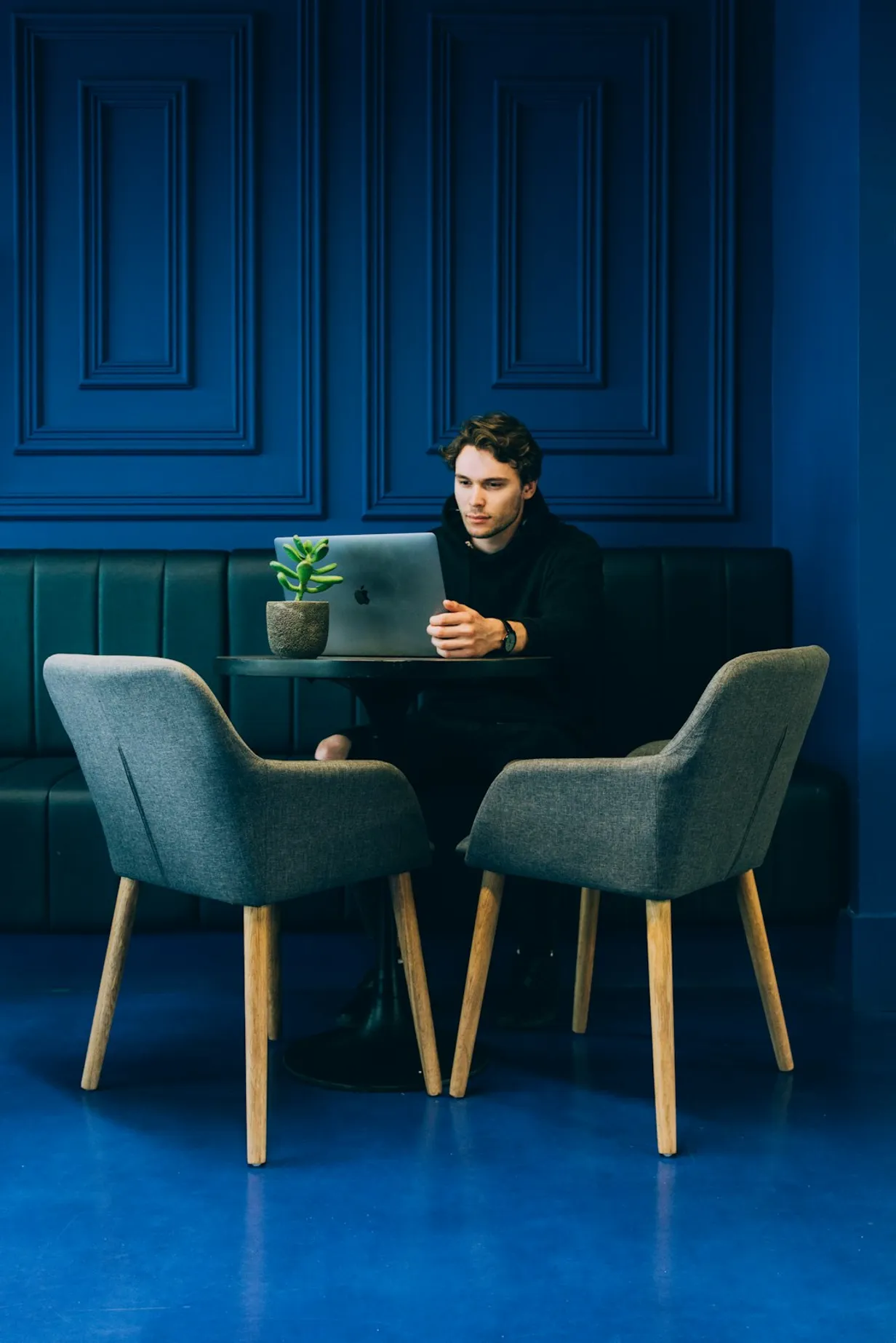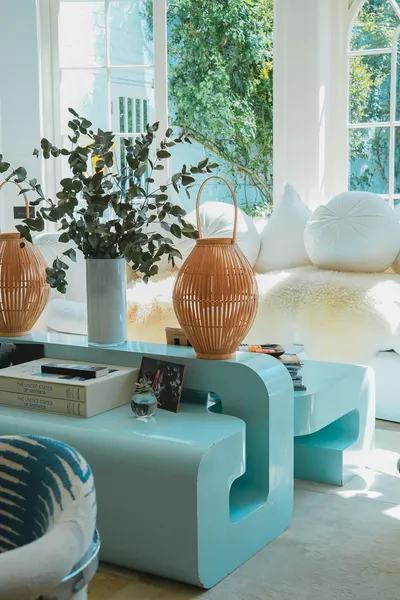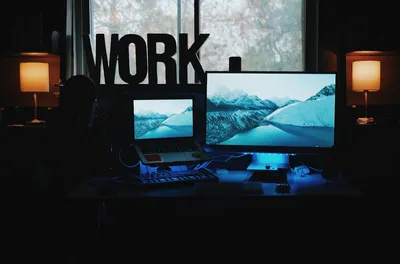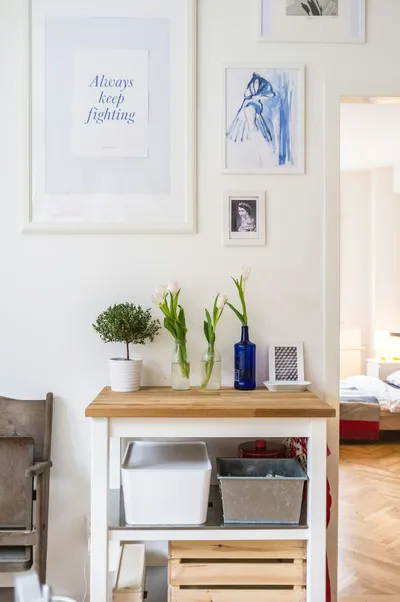
Introduction to Open-Plan Office Design
In recent years, open-plan office design has become the hallmark of modern workspaces, championed for its ability to foster collaboration and communication amongst teams. As we look towards the future, innovative trends are emerging that redefine this approach, harmonizing functionality with unparalleled luxury.
Enhancing Open Spaces with Smart Delineation
While open-plan designs promote interaction, they sometimes lack privacy and defined work areas. To address this, designers are utilizing smart delineation strategies. Wooden partitions, movable glass panes, and lush green dividers serve not only as space separators but also as aesthetically pleasing features.
Incorporating Acoustic Design
Noisy environments can detract from productivity in open-plan settings. Future designs are focusing on acoustic solutions such as sound-absorbing panels and noise-cancelling technology. Plush carpets, textured wall coverings, and acoustic-friendly furniture play critical roles in buffering sound, ensuring that open spaces are quiet havens for concentrated work.
Technology Integration for Enhanced Collaboration
The infusion of cutting-edge technology into office layouts is redefining how teams interact. Integrated tech hubs, wireless charging stations, and AR/VR-enabled meeting rooms are setting the trend for future-ready offices. These upgrades not only streamline workflows but also enhance collaborative efforts.
Flexible and Adaptive Furniture Solutions
To accommodate diverse working styles, next-gen open-plan offices are prioritizing flexibility. Modular furniture configurations that allow for quick transformation of spaces are gaining popularity. Height-adjustable desks, rolling chairs, and expandable meeting tables provide the versatility needed for dynamic workflows.
Sustainability Meets Luxury
The move towards sustainable yet luxurious office environments continues to grow. Architects are opting for eco-conscious materials such as recycled metals, bamboo, and reclaimed wood, without compromising on elegance. Coupling these materials with biophilic design elements nurtures a connection to nature while maintaining sustainability.
Conclusion: The Road Ahead for Open-Plan Designs
The future of open-plan office design is not just about removing walls, but innovatively combining form, function, and luxury to create spaces that enhance the human experience. As companies adapt to these evolving trends, they will achieve greater levels of employee satisfaction and productivity, underlining the integral role of design in business success.



